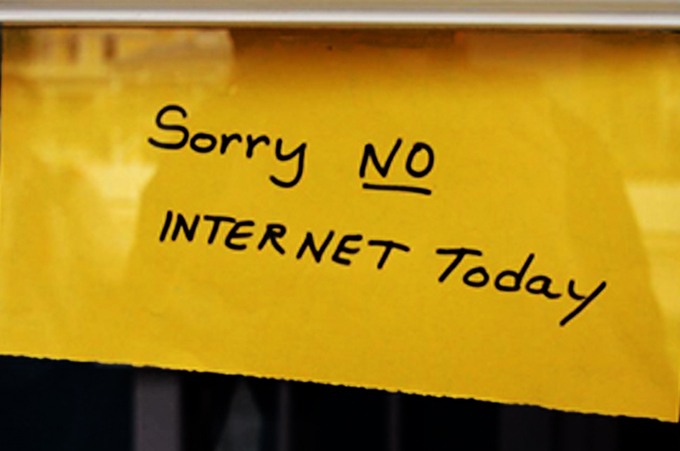
The threat of the rapid expansion of COVID-19 has forced governments to take drastic measures to ensure social distancing. In many parts of the world the order has been to stay at home, thus disrupting the daily lives of citizens and institutions.
But attempts have also been made to minimize the effects of this confinement with measures that maintain some level of economic and social productivity. Paradoxically, the forced isolation has opened the way to communication and interaction through new technologies.
One of the sectors benefiting from this possibility is that of formal education, and even those most reluctant to implement it have come to recognize its potential and benefits.
However, this change follows uneven courses due to unequal conditions in the world. In order to consolidate the online teaching and learning process, neither theoretical arguments nor public policies that make it mandatory in times of quarantine are enough. In poor countries much more is needed than that.
Education conditioned by the pandemic
In early April, the Venezuelan government announced that, due to the expansion of the coronavirus, all educational levels would continue their programming via online . In other words, they went from face-to-face education to distance education (at least until the end of the school year).
In principle, there would be nothing to object to this mandate: either the distance course is finished or it would have to be rescheduled when the pandemic ceased. Given the uncertainty about when to return to normal, something had to be done.
The government assumed that the educational solution was at hand. However, sooner rather than later, the country has realized that this is a fallacious solution and, therefore, of impossible compliance or very limited compliance.
Digital poverty in Venezuela
Venezuela is the country with the worst connectivity in Latin America, thanks to the non-investment policies in the sector by the national government. According to the Speedtest Global Index survey , from the year 2019, Venezuela ranks 175 out of 176 countries in the ranking, with a connectivity of 3.67 Mbps, surpassing only Turkmenistan, whose connectivity is 2.06 Mbps. border country and very similar to Venezuela for history and culture, is about 19.7 Mbps.
Coverage is another great Venezuelan technological deficiency. According to the study Navigation to the minimum expression: Internet quality conditions in Venezuela , in 2018 only 62% of the population had internet access. However, this percentage is expected to be even lower in 2020, for economic reasons: telephone and data rates increased in February 2020 between 975% and 1,830% compared to previous amounts .
Demographic distribution influences: 80% of the population is concentrated in 20% of the territory, making Venezuela empty (about 700 & nbsp000 square kilometers), has worse access to services.
On the other hand, computers, tablets and smart phones are imported articles whose price depends on the international market , which makes them inaccessible to more than 70% of the population; Furthermore, the cost of repairing obsolete equipment has risen considerably. To cite just one example, the cheapest smartphone on the market costs around $ 100, while the average salary for a college teacher is between $ 20 and $ 25 a month.
Online education , solution or problem?
With poor connectivity, poor equipment availability, limited signal coverage, and unstable electrical service, only in areas where all these factors work simultaneously online education can be a viable option.
But the reality of the country is that, if this type of education were to prevail, it would become one more element for the school failure of the most vulnerable sectors of the Venezuelan population.
The poverty data for 2018, obtained through the ENCOVI Survey are eloquent. 87% of Venezuelans are in poverty and 89% of those poor do not have sufficient income to buy food.
In this context, impossible to improve in the short term, the compulsory implementation of distance education will result in the widening of the educational gap, not only between the poor and the rich, but also among those who have and do not have access to the internet by location within of the territory, regardless of their social status.
All this forces us to reflect on the effects of the non-attendance of educational activity in Venezuelan schools and universities. It would be necessary to evaluate if online education is worthwhile , when it blurs a fundamental concept of the liberal democracies of the world: that of equal opportunities.
Author Bio: Tulio Ramírez is Chair professor at Andres Bello Catholic University (UCAB)
